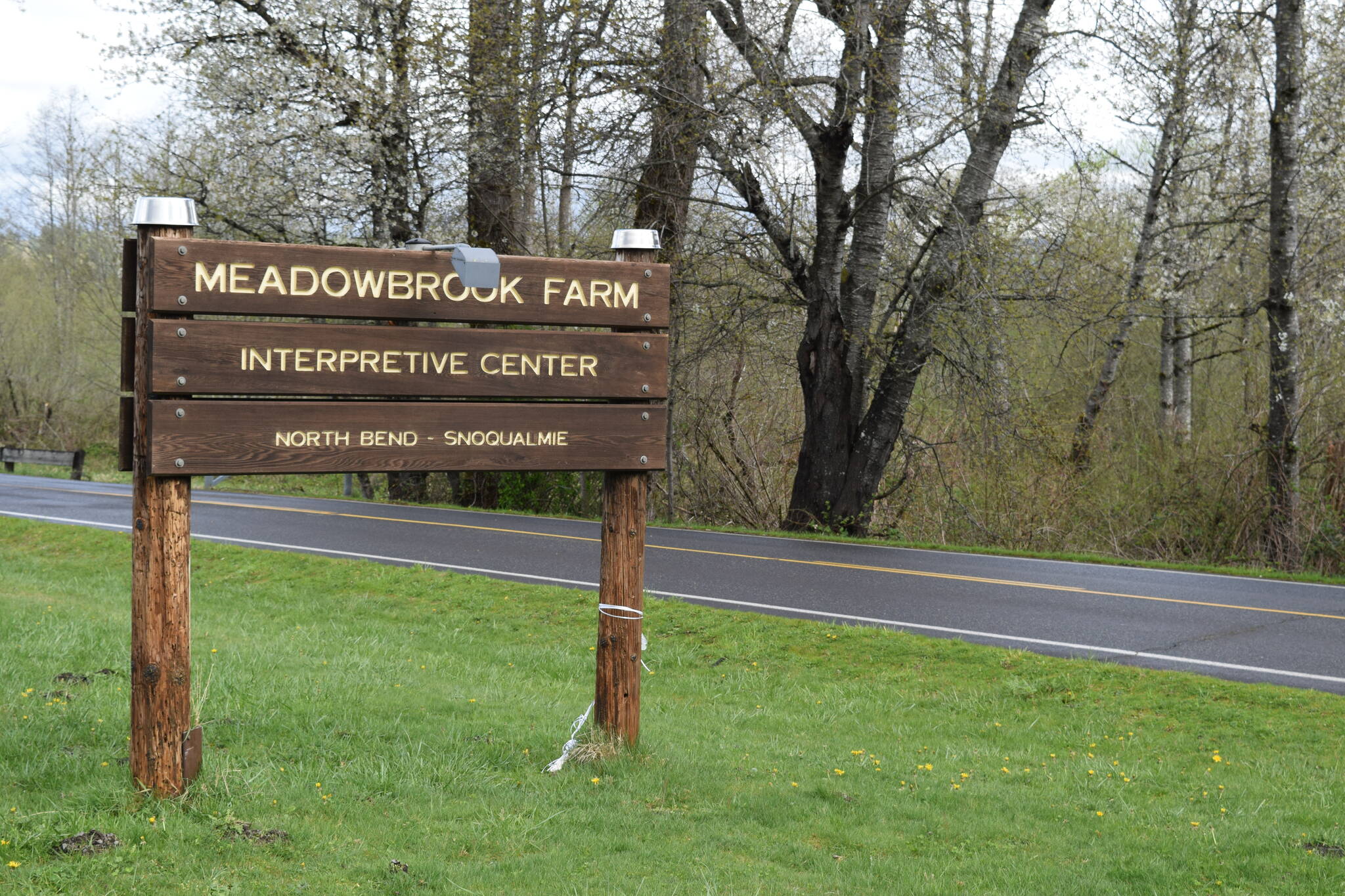North Bend’s Meadowbrook neighborhood is another step closer to getting a sewer system after the city council unanimously agreed to accept residents’ petitions and set a public hearing date for the formation of the Utility Local Improvement District (ULID).
That public hearing, set for May 17, would be the last step before the ULID’s formation could go to the city council for final action. If the formation is approved, the permitting and design phase can begin.
The current ULID proposal has been going on since at least 2019, when property owners in the western portion of North Bend requested that the city extend sewer access to the neighborhood. Accepting the residents’ petition on April 5 represents a major milestone for the project — one that councilmembers have delayed for nearly five months.
In an interview with the Valley Record last month, North Bend Mayor Rob McFarland said getting the ULID formed was his top priority for the year. Commercial property owners say they have been asking the city for nearly two decades to bring a sewer to the area so that they can fully develop their properties.
“Not only has it been a very long process, it’s a continuing process,” McFarland said at the meeting April 5.
Local residents’ most recent petition first came to the council in November with support from 53% of private property owners by land area. However, this didn’t constitute a needed majority to form the ULID as city-owned properties — which make up about 20% of the ULID area — were not included.
That gave the city sway over the petition’s success, and the council held off on its decision to include its properties in the ULID until a Feb. 1 vote.
That delay came amid concerns raised by North Bend City Councilmembers Jonathan Rosen and Brenden Elwood, who said many residential owners in the neighborhood they spoke with were concerned the cost of the project would price them out of their homes.
The ULID project is expected to cost just below $7.5 million, according to an appraisal by a private firm. This would require property owners, including the city, to pay back the cost over a 20-year period at a 2% to 2.5% interest rate starting around 2025.
“There’s a lot of folks out there who feel they’re going to be forced out of their home,” Rosen said at the Nov. 16 council meeting. “They’re not interested in developing their property.”
At a January workstudy, the council briefly considered redrawing the ULID boundary to exclude residential properties, which likely would have resulted in a six-month delay, but agreed to include its properties in the February vote.
At that time, McFarland said he heard the concerns of residential owners and was committed to finding a solution to keep the project moving forward.
Since then, Owners of Puget Western Inc., a commercial property owner within the ULID boundary, and the city have been in communication about a cost reimbursement program for residential owners — although that was not part of the April 5 vote.
“The gist of it is, if those residential property owners do not want to pay their assessments of the ULID when they’re due, Puget Western would front those assessments,” said City Attorney Mike Kenyon.
Kenyon said residential owners would pay Puget Western back in two events: if they sell their property or if they submit a permit to the city to redevelop their property. Under the plan, residential owners whose fees have been paid by Puget Western wouldn’t be able to receive permits until Puget Western is reimbursed.
“I want to extend appreciation and gratitude to Puget Western for listening to the concerns we raised,” Councilmember Elwood said.
Adding the sewer system is anticipated to grow the combined property value of the neighborhood by $11.6 million and help businesses in the area fully maximize their properties. A sewer system is also expected to provide more protection to groundwater in an area of the city with one of the lowest elevations and highest water tables.
Although no pollution has been found, several of the neighborhood’s septic systems have been grandfathered in and are no longer in compliance with county health standards, said Mark Rigos, the city’s public works director.


